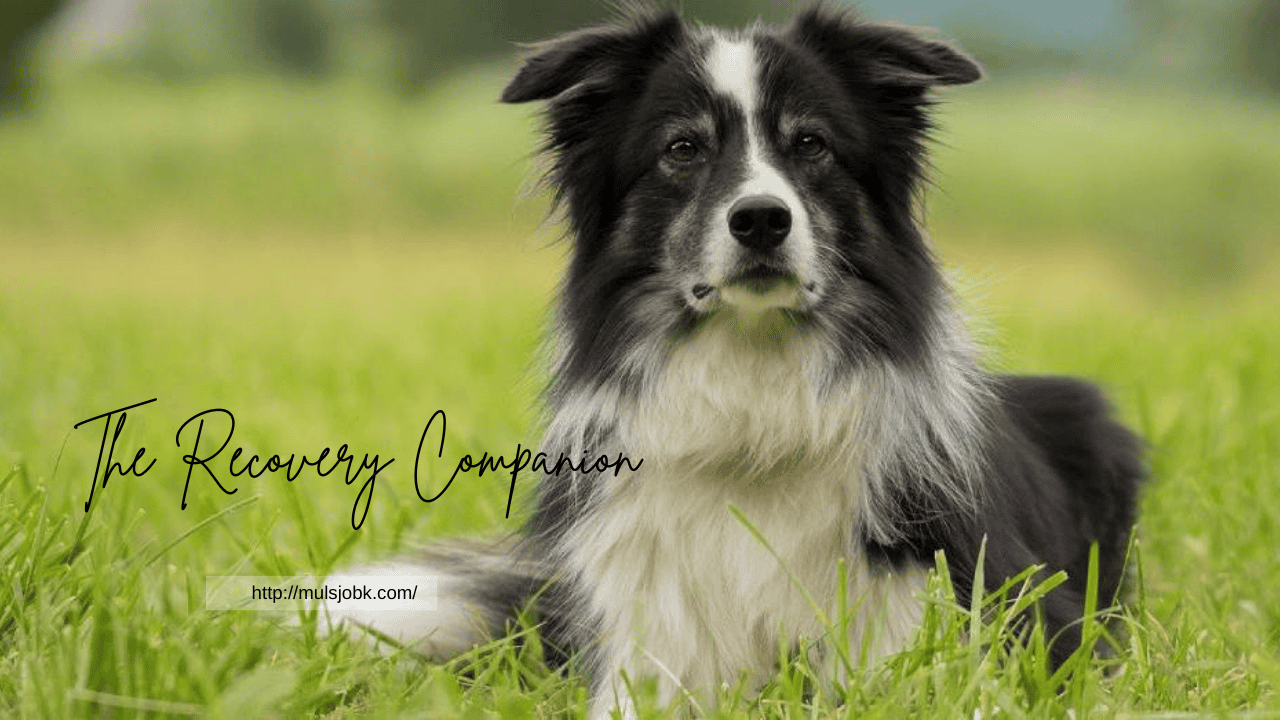 Recovery is a courageous step, but it is not always an easy path. Many individuals face ongoing struggles with anxiety, stress, and the risk of relapse even after beginning treatment. Professional support, therapy, and holistic care are essential, but healing often requires additional sources of comfort and stability. One of the most powerful and unexpected allies in recovery can be found in the companionship of a dog. Their loyalty, affection, and calming presence provide more than companionship. They can play a significant role in helping individuals reduce relapse risk and manage anxiety throughout the recovery journey.
Recovery is a courageous step, but it is not always an easy path. Many individuals face ongoing struggles with anxiety, stress, and the risk of relapse even after beginning treatment. Professional support, therapy, and holistic care are essential, but healing often requires additional sources of comfort and stability. One of the most powerful and unexpected allies in recovery can be found in the companionship of a dog. Their loyalty, affection, and calming presence provide more than companionship. They can play a significant role in helping individuals reduce relapse risk and manage anxiety throughout the recovery journey.
Why Anxiety and Relapse Are Common in Recovery
The early stages of recovery are often marked by heightened emotions, stress, and feelings of vulnerability. Anxiety can surface as the brain and body adjust to life without substances, while the temptation to relapse can arise from loneliness, stress, or lack of structure. Managing these challenges requires strong support systems. This is where dogs provide natural and consistent relief.
The Calming Effect of Canine Companionship
Dogs are highly intuitive animals that often sense human emotions. They respond with affection and presence that can calm the nervous system. Research has shown that interacting with dogs lowers cortisol, the hormone linked to stress, while boosting oxytocin, which is tied to bonding and relaxation. For someone in recovery, this translates into fewer feelings of panic or restlessness. Simply petting a dog or sitting with them can ease tension and help ground an individual during moments of emotional struggle.
Reducing Isolation and Loneliness
One of the strongest triggers for relapse is isolation. Addiction often damages relationships, leaving many individuals feeling disconnected. Dogs provide constant companionship that counters feelings of loneliness. Their presence creates a sense of belonging and purpose, offering emotional comfort that helps reduce the urge to seek escape through substances.
Building Structure to Prevent Relapse
Beyond emotional comfort, dogs bring much-needed structure to daily life. Addiction often thrives in environments where chaos and inconsistency dominate. In contrast, caring for a dog requires routine: regular feeding, exercise, and attention. This structure helps individuals rebuild healthy patterns, offering stability that directly supports relapse prevention.
Responsibility as a Source of Motivation
A dog depends entirely on its owner for care. For someone in recovery, this responsibility can be deeply motivating. The commitment to keep a pet safe and healthy encourages accountability, even on difficult days. Many individuals find that the responsibility of caring for a dog strengthens their determination to maintain sobriety.
Integrating Dogs Into Holistic Recovery
Faith-based and holistic approaches to recovery emphasize healing of the whole person—mind, body, and spirit. Dogs complement this approach by nurturing emotional well-being, encouraging physical activity through walks and play, and inspiring joy in everyday life. Whether in inpatient or outpatient settings, the companionship of a dog can become a valuable extension of personalized treatment plans, providing comfort that supports other therapeutic strategies.
Moving Forward with Hope
Recovery is about more than abstaining from substances. It is about creating a fulfilling and sustainable life. Dogs bring comfort, routine, and unconditional love, all of which can reduce anxiety and help prevent relapse. For those walking the difficult road of recovery, a dog can become a steady companion, offering hope during moments of doubt and encouragement on the path to lasting healing.
If you or someone you love is seeking support for addiction or mental health challenges, know that help is available. Professional treatment combined with compassionate care—and sometimes the companionship of a dog—can provide the strength needed to build a brighter, healthier future. Reach out today and take the next step toward recovery.
 Recovery from addiction and mental health challenges is a journey that requires more than willpower. It involves rebuilding structure, rediscovering purpose, and finding sources of comfort that encourage long-term healing. While professional treatment, counseling, and holistic care are essential, many individuals discover an unexpected ally in recovery through the companionship of a dog. These loyal animals do more than provide affection. They help foster responsibility, routine, and renewed hope for a healthier future.
Recovery from addiction and mental health challenges is a journey that requires more than willpower. It involves rebuilding structure, rediscovering purpose, and finding sources of comfort that encourage long-term healing. While professional treatment, counseling, and holistic care are essential, many individuals discover an unexpected ally in recovery through the companionship of a dog. These loyal animals do more than provide affection. They help foster responsibility, routine, and renewed hope for a healthier future.
